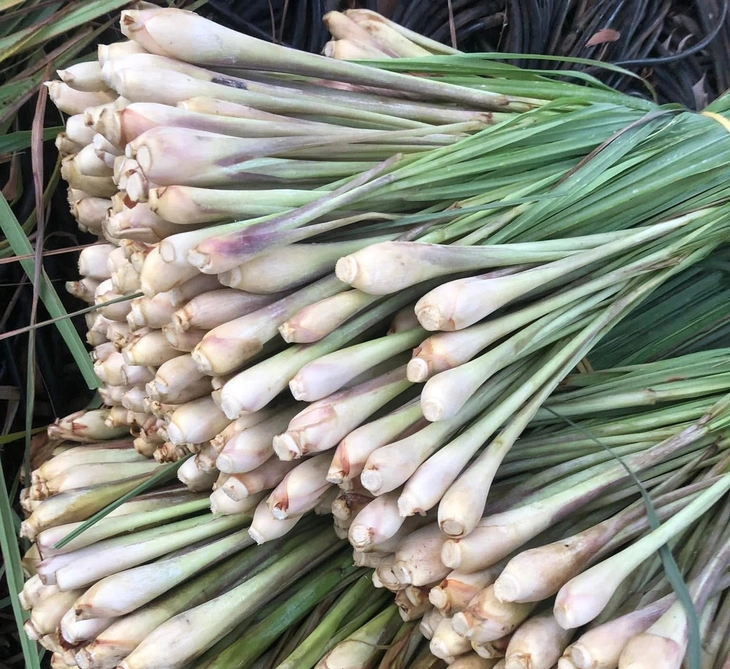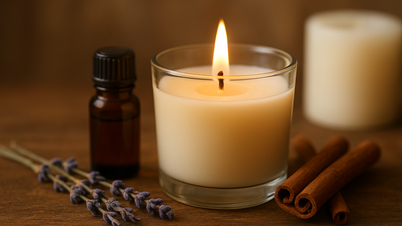
Lemongrass can also help control conditions like arthritis, dandruff and gingivitis.
May help treat dandruff
Some studies show that using shampoos or hair products containing lemongrass can significantly improve dandruff.
May support oral health
Using a mouthwash containing 0.25% lemongrass essential oil can improve mild periodontitis (gum disease), thereby helping to protect cardiovascular health.
Lemongrass essential oil may be a good alternative to mouthwashes containing chlorhexidine, which may cause unwanted side effects.
However, more research is needed on the long-term use of lemongrass essential oil in oral care to confirm its benefits and safety.
May help relieve pain from arthritis
Preliminary research in adults with rheumatoid arthritis shows that applying pure lemongrass essential oil to the skin daily for 30 days reduces pain by up to 30%.
May help fight fungal infections
Lemongrass essential oil has been shown to disrupt the biofilm of Candida albicans (a yeast in the human body that can overgrow and cause infections).
Biofilms are sticky protective layers that surround bacteria and fungi, making them difficult to kill. By breaking down these protective layers, lemongrass essential oil can make fungal infections easier to treat.
Nutritional value of lemongrass
A serving of lemongrass (depending on usage needs, if used as a spice, a serving is 1-2 fresh lemongrass stalks, in traditional medicine it can be 30-50g fresh lemongrass) provides nutritional values:
Calories: 66.3
Protein: 1.22g
Fat: 0.33g
Sodium: 4.02mg
Iron: 5.47mg
Zinc: 1.49mg
Folate: 50.2mcg
Magnesium: 40.2mg
Potassium: 484mg
Is it safe to use lemongrass?
Lemongrass is generally considered safe to use in cooking, but eating too much can cause some unwanted side effects such as:
Dizziness; Dry mouth; Excessive tiredness; Frequent urination; Increased appetite; Itching and rash (if allergic).
Pregnant women should not consume lemongrass, as it can be stimulating and may lead to miscarriage.
If you have kidney disease, consult your doctor before using lemongrass. For example, drinking lemongrass tea can increase urine output, putting pressure on the kidneys. Additionally, lemongrass is high in potassium, which should be limited in people with kidney problems.
Source: https://tuoitre.vn/cay-sa-thom-va-co-nhieu-loi-ich-nhung-ai-khong-nen-dung-20250802213733694.htm







![[Photo] Da Nang: Hundreds of people join hands to clean up a vital tourist route after storm No. 13](https://vphoto.vietnam.vn/thumb/1200x675/vietnam/resource/IMAGE/2025/11/07/1762491638903_image-3-1353-jpg.webp)



































































































Comment (0)